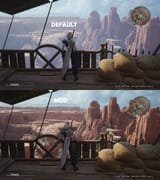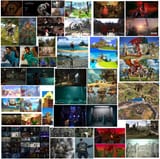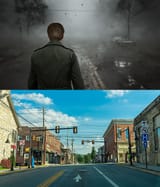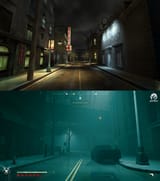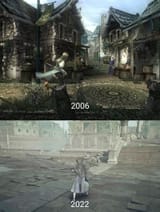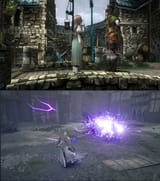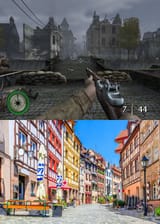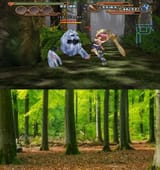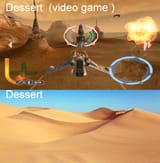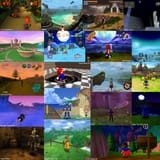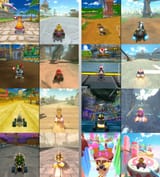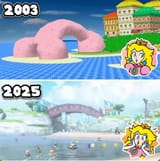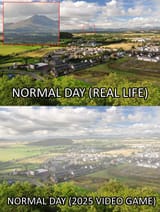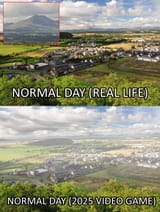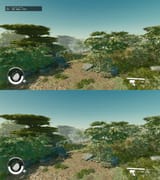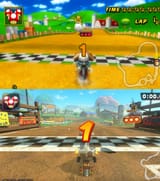>>716245176
We do process tons of detail in real life. Real life. We have an entirely different level of sensory detail in real life. In games we are engaging in a cheap imitation of reality on a big rectangular screen.
Not only that, the things we're attempting to do in games we would fail at miserably in a real life context... or they wouldn't be fun. like trying to visually track 3 monstrous enemies trying to kill you as you juke and dive around to survive. Not easy in real life! Trying to track animals in real life? Very hard.
Imagine you are tasked with finding a small golden key on the desk of a man's study. In real life, this is quite a task. Imagine all the things you'd have to search through in a normal person's office to find a key. Difficult!
Imagine trying to find a small golden key on the desk of a man's study in a AAA game. It's also very detailed and hard to find. Thus, the game will likely make the key glow so you can visually find it. Thus all the art and detail doesn't matter, you just follow the glowing icon.
Imagine trying to find a small golden key on the desk of a man's study in a 90s PC game... you could actually visually discern the key in such a game, because everything is symbolic, everything is simplified, everything is low poly and clearly discernible. You are never broken out of the game world with glowing icons, or frustrated with the complexity of real life detail.
This is the power that game devs lose as games become more and more realistic and detailed.



